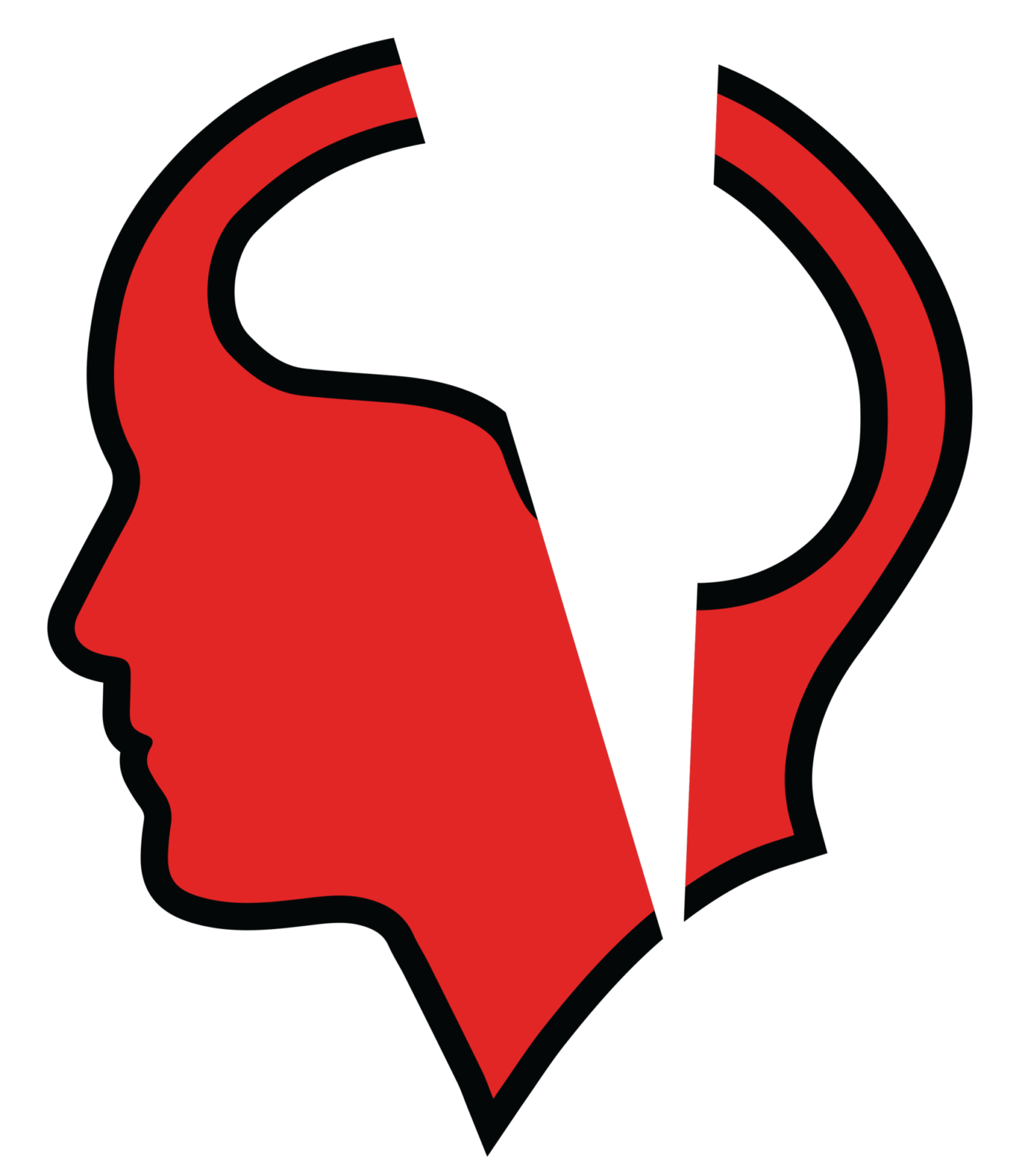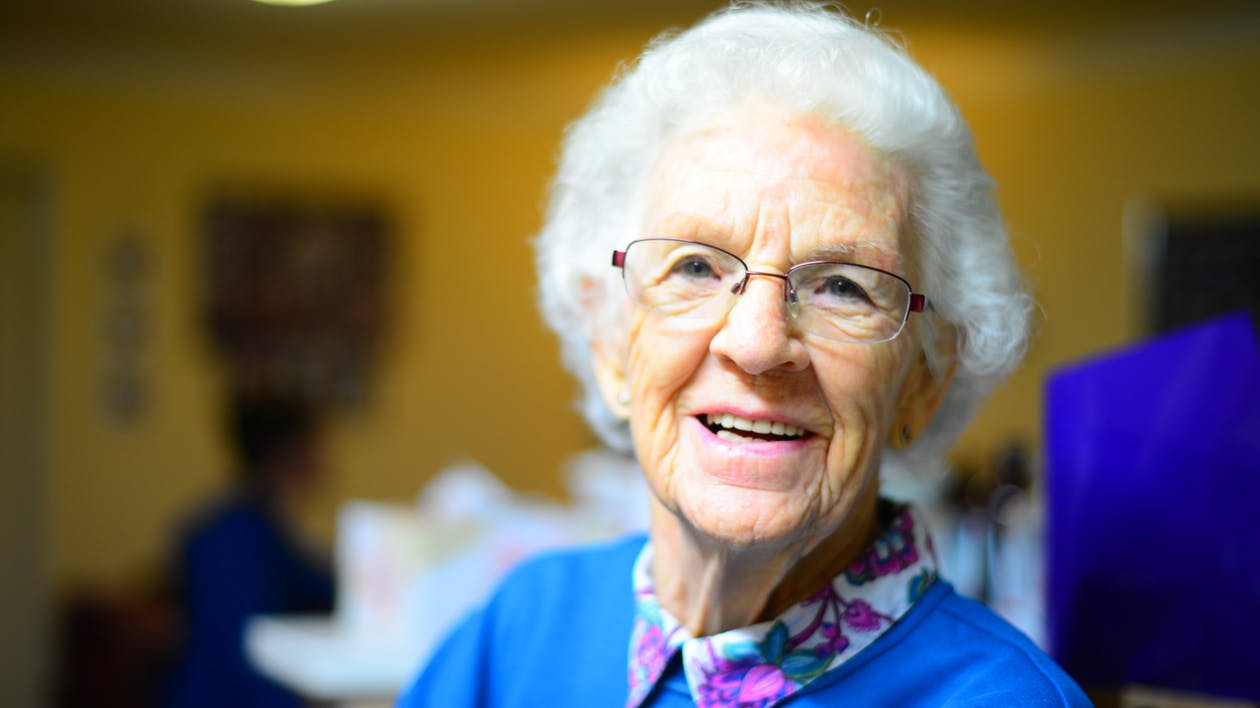Those with dementia suffer with memory loss, making everyday activities difficult, especially communicating. Since the holidays are a time for family and friends to socialize, you should know what to do and what not to do when communicating with loved ones or friends who have dementia.
Things to remember to do when communicating with someone who has dementia:
- Speak slow and clearly
- Ask yes or no questions and limit it to one question
- Allow proper time for them to respond
- Use short, one-sentence explanations
- Repeat word for word if needed
- Pay attention to their feelings and body language as well as what they are saying
- Avoid arguments by taking the blame, even if it isn’t truly your fault
- Be patient
- Be positive and cheerful
- Always be reassuring and understanding
Things to avoid doing when communicating with someone who has dementia:
- Don’t talk fast or quietly (avoid confusion as much as possible)
- Avoid arguments
- Don’t question their memory
- Don’t get angry or show frustration
- Never take things personally
Examples
If a person with dementia asks questions, like why they need to go to the doctor, avoid arguments and never over explain. Reassure them that it is just a check-up and accept the blame that you forget to tell them. If a person with dementia is confused and doesn’t remember writing a check, reassure them that you will check into it and distract them by asking help with an activity.
Remember, dementia progresses, so things are going to be different during each stage of dementia. As long as you are aware of the way you are communicating with a person with a dementia and follow these simple tips, you can avoid any frustration and confusion, on both ends.
If you or a loved one is experiencing dementia, contact SMART Brain Aging today to see if our cognitive therapy can help you.


